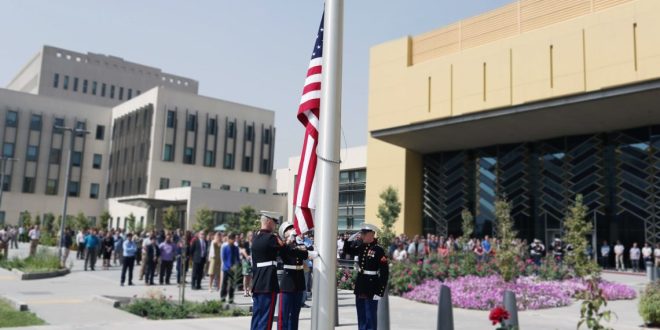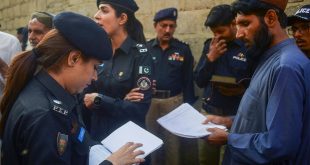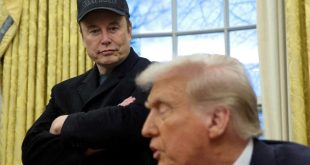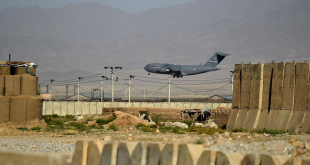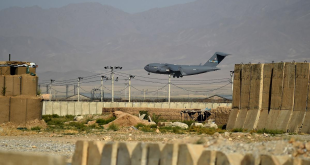AT News
KABUL – Today marks the anniversary of the assassination of U.S. Ambassador Adolph Dubs in Kabul 45 years ago, an incident that resonates with America’s ongoing effort to reopen its embassy in Afghanistan years after Taliban’s return.
The murder of Ambassador Dubs, who was abducted at gunpoint from the streets of Kabul, highlights the challenges and risks inherent in diplomatic missions in Afghanistan. The closure of the U.S. embassy since August 2021 has added another layer of significance to this anniversary, prompting reflection on the evolving dynamics of Afghanistan-U.S. relations over the past century.
Diplomatic engagements between the two nations began in 1921, with formal relations established in 1935. However, it was during the Cold War era that Afghanistan’s strategic importance escalated, particularly following the Soviet Union’s military intervention in the country.
The assassination of Ambassador Dubs in 1979, amidst political turmoil and the Soviet-backed regime in Kabul, underscored the precarious nature of diplomatic missions in Afghanistan. Subsequent events, including the Soviet invasion and the closure of the U.S. embassy in Kabul in 1989, further strained bilateral relations.
Efforts to re-establish diplomatic ties between the U.S. and Afghanistan gained momentum after the September 11 attacks, leading to the inauguration of the U.S. Liaison Office in Kabul in 2001. The U.S. embassy in Kabul became a symbol of American presence in the region, representing significant diplomatic and strategic interests.
However, the chaotic events of August 2021, culminating in the Taliban’s takeover of Kabul, cast doubt on the future of the U.S. embassy in Afghanistan. The suspension of embassy operations, coupled with the absence of formal recognition of the Taliban government, underscores the complexities facing U.S. diplomacy in the region.
While there are indications of potential changes in U.S. policy towards Afghanistan, including the exploration of minimal engagement with the Taliban regime, uncertainties persist regarding the resumption of diplomatic functions in Kabul.
Against this backdrop, concerns about China’s growing influence in Afghanistan and the need for condition-based U.S. involvement to support stability and counter extremism have emerged as key considerations for regional observers.
As discussions continue about the future of the U.S. embassy in Kabul, the legacy of Ambassador Dubs serves as a poignant reminder of the challenges and complexities shaping Afghanistan-U.S. relations, both past and present.
 Afghanistan Times
Afghanistan Times
